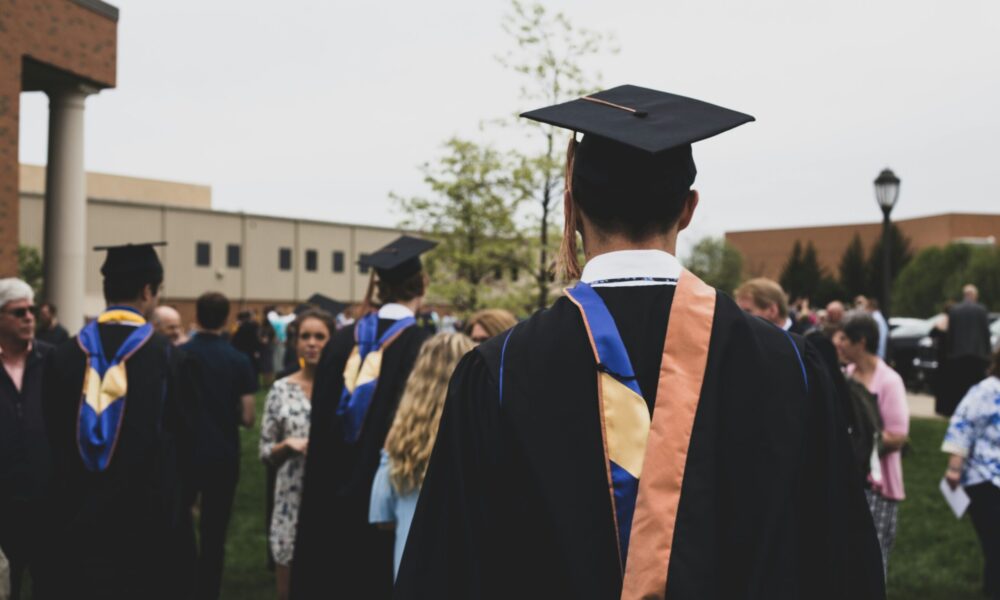For most people, it would be unthinkable to estimate the monetary value of their children. Most would also express disgust at the idea of selling their organs or a body part. These situations are what we call “taboo tradeoffs,” eliciting moral outrage from people asked to trade something sacred for something mundane.
For many scholars and students, academic freedom is a sacred value. Academic freedom is the idea that researchers and educators can study and teach ideas without political interference or threats to their livelihood. Academic freedom is the lifeblood of innovation and the oxygen that fuels the pursuit of knowledge. It provides a cornerstone for progress. Without academic freedom, institutions of higher education risk becoming mere factories of conformity, serving up ideas that meet the demands of political or industry agendas, rather than fostering inquiry or serving a greater public good.
The Trump administration’s attacks on higher education pose a severe threat to academic freedom. Billions of dollars in funding have been frozen at Cornell University and Northwestern University. Cuts to the U.S. Department of Education are undermining the financial aid system. Students around the world have long come to U.S. colleges and universities to benefit from our tradition of academic freedom, but now the Trump administration is canceling student visas en masse and scouring student social media accounts for pretexts to send even more students away. And the Department of Education’s Office of Civil Rights has shifted its focus from preventing discrimination to intimidating universities into abandoning diversity, equity, and inclusion efforts. This is an existential threat to the U.S. higher education system, and it’s not just professors or students saying so: administration allies have been clear about their intention to demolish universities as they currently exist.
Early in the assault, targets such as Columbia University tried negotiating, presumably to protect whatever they could of what they hold sacred. But it was quickly revealed that there’s no capitulation that the Trump administration will accept that’s less than “total,” and no deal they can be trusted to keep.
With increasing rapidity, however, we are seeing some universities stand tall as they recognize the taboo tradeoff they face. These leaders are beginning to send the clear message that trading away academic freedom for material incentives (in this case, federal funding) is morally reprehensible. In recent statements defending academic freedom, the presidents of Brown University, Wesleyan University, and Princeton University show their willingness to fight for core values and oppose the Trump administration’s abuses of power.
Another positive example is a lawsuit filed by the Harvard faculty chapter of the American Association of University Professors. This action challenges the Trump administration’s “misuse of federal funding and civil rights enforcement authority to undermine academic freedom and free speech on a university campus.” The plaintiffs make it clear that the independence of their faculty and the pursuit of truth is non-negotiable, even when millions of dollars of federal grants are at stake.
These universities remind us that academic freedom isn’t just a lofty ideal—it’s a practical necessity. When scientists cannot study climate change because it’s politically inconvenient, or when historians cannot explore certain topics because they’re deemed “unpatriotic,” this is not just a loss for academia. It’s a loss for humanity.
What can we do to support these academic freedom champions? To start, we can amplify their stories and celebrate their victories. We can also advocate for policies that protect academic independence and resist politicization of education and research.
Academic freedom is not for sale. It’s a sacred value that transcends political cycles and economic pressures. Universities that defend it are not just protecting their own integrity; they’re safeguarding the future of knowledge itself. Let’s rise to support these guardians of truth. Their courage inspires us all to stand up for what truly matters in this moment and for future generations.

